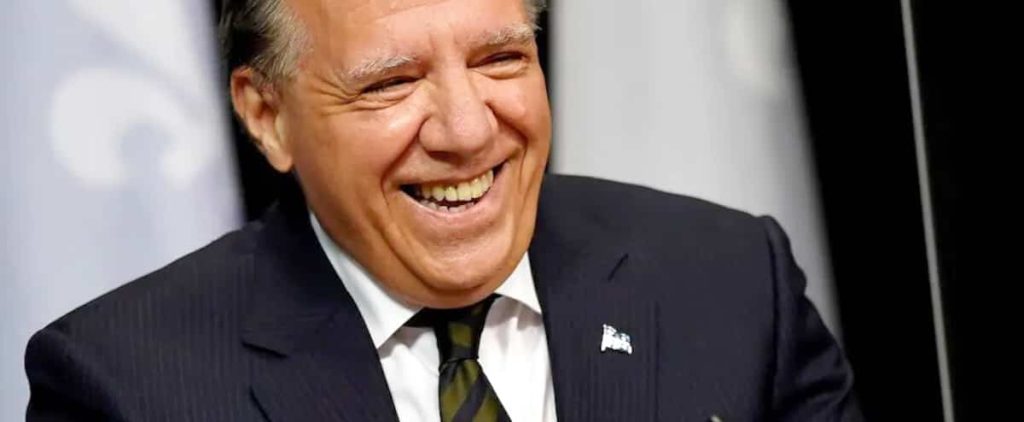
It’s not everyday that opposition leaders are invited to meet the prime minister for anything other than a polite chat. But it happened on Wednesday.
At a press briefing — which will be overshadowed by the resignation of Hydro-Québec’s CEO Sophie Brochu — François Legault said he was in great shape and in a hurry to “electrify Quebec.”
And then he said: “By next week, I’m announcing that the dates are starting to be fixed, I’ll be meeting the four opposition leaders. [celui du] Conservative Party of Quebec. »
Why? “To listen to their suggestions, he said first on this file, but also on other priorities. His list? Inflation. Reorganization of the health network. Education. Shortage of workers. French decline. Emigration. A broad program, as another said.
It’s true that by the end of the campaign, Mr. Legault had committed to working with opposition parties: “That’s what Quebecers want, we’re going to work together. “True.
The famous ghost is still lurking in the details, but it remains to be seen whether his intention to be “more attentive” to the opposition parties will definitely materialize.
A sense of injustice
Strategically, the Prime Minister can explain the invitation. After abandoning his promise to reform the voting system, he leger/News magazine A poll published in October showed that 53% of Quebecers want a new voting system that is more representative of the true split of votes between parties.
From the moment the CAQ won 90 seats out of 125, with 41% of the vote, the democratic disparity of such an outcome, however legitimate it may have been, became apparent to many Quebecers.
Despite his government’s strong majority, Francois Legault knew he had to at least try to reduce this sense of injustice.
He therefore reached out to other leaders: Liberal Marc Tanguay, Solidarity Gabriel Nadeau-Dubois, PQ Paul Saint-Pierre Plamondon and Conservative Eric Duhaime, although he was not elected.
However, if this intention is to be credible, listening to Mr. Legault, he will have to accept the propositions that his opponents make him from time to time. will he
Sophie Brochu’s resignation gives her first chance. Paul St-Pierre Plamondon called for Hydro-Québec’s next CEO to be appointed in an “apolitical” manner with the support of at least two opposition parties and to “make sure that the audience that each candidate went with is granted.” To be continued…
Rain of crises
As I have already written, this second mandate of the CAQ promises to be relevant to all crises. The health system is collapsing. Public schools are being demonized by the subsidized private sector.
Inflation and the housing crisis are hurting the quality of life and mental health of many Quebecers. French decline is accelerating. Labor shortages threaten the stability of key sectors of the economy. The energy transition promises to be difficult. etc
While the prime minister may enjoy a huge capital of confidence, the reality is that between now and the 2026 elections, he faces a long barrage of crises. If they last too long, especially in health, the legendary patience of Quebecers will also break.
So listen to what the strategic, but very down to earth, opposition has to offer. It remains to be seen whether this listening is truly active or more passive…






More Stories
Sportswear: Lolle acquires Louis Garneau Sports
REM is still innovative enough to foot the bill
A trip to the restaurant with no regrets for these customers